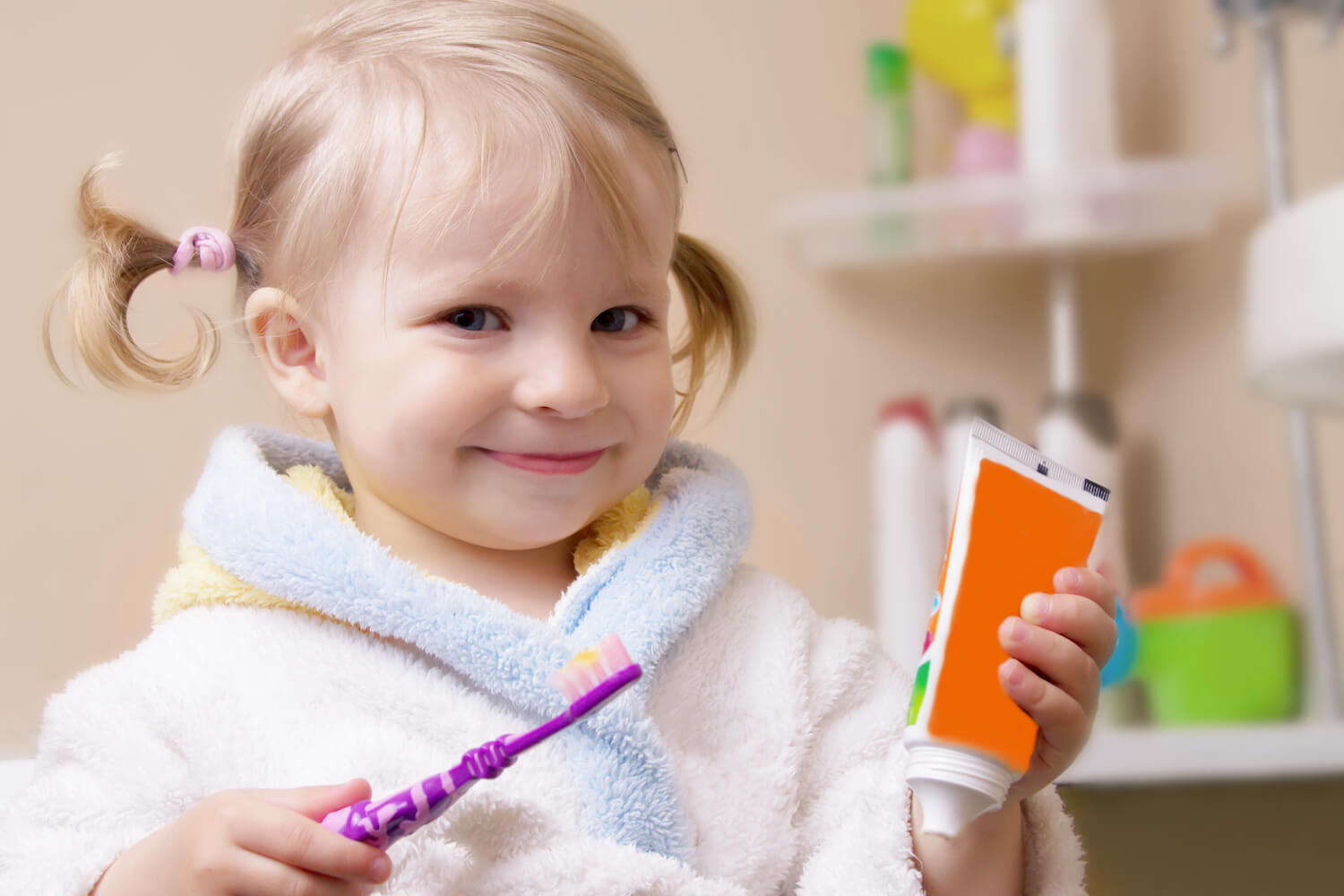As any pediatric dentist will tell you, your child’s oral health care should be taken just as seriously as their primary doctor checkups and appointments.

Many first time parents ask some variation of this question at some point. Your infant’s pediatric doctors will let you know when to schedule checkups, shots, and more… but when should you schedule your child’s first dental appointment with a pediatric dentist?
As a good rule of thumb, you should take your infant to the pediatric dentist as soon as they get their first tooth. This is a highly recommended preventative measure. Trained in pediatric dental care, the dentist can spot any abnormalities in the way teeth are coming in, and can also give advice on how to help your infant with teething pains.
Learn more about pediatric dentistry at https://bearbrookdentalcare.com/procedures/kids-dentist/
In select cases, you may even want to take your baby to the doctor, even when they haven’t received their first teeth yet. If your young infant is having difficulty breastfeeding, it could be lip-tie or tongue-tie related, which is easily diagnosed and treated by a pediatric dentist.
Learn more about tongue-tie at http://www.wboc.com/story/42518779/pediatric-dentist-at-bear-brook-dental-care-helps-tongue-tie-babies-in-montvale
At the very latest, make sure to bring your child for their first dental visit before their first birthday. Any delays in teething should be discussed with your pediatric dentist. You definitely don’t want to wait too long to diagnose any dental issues. Even relatively harmless habits, like thumb sucking, can result in eventual problems with the development of permanent teeth.
As any pediatric dentist will tell you, your child’s oral health care should be taken just as seriously as their primary doctor checkups and appointment. Especially in toddlers and young children, oral health care should be a top priority.
Just like adults, children should come in for a dental exam every 6 months – even if they only have their baby teeth. A regular dental exam will reveal any cavities, and help teach children about oral hygiene like brushing, flossing and plaque. And it’s especially important that children have a positive association with the dentist so that they can avoid dental anxiety issues as an adult. Click here to see Colgate's recommendations.
A pediatric dentist will also have specialized training in giving proper oral care information to children. The dentist can provide a kid friendly dental experience along with educational materials, while answering any questions on how to prevent cavities. Developing proper oral hygiene habits is essential to preventive dentistry.
Any kind of tooth pain should be taken seriously, whether it’s in their baby teeth or their permanent teeth. If your kid is complaining of tooth sensitivity, it could be a result of tooth decay, or cavities. Any oral health concerns that you may have should be brought to the pediatric dentist’s attention as quickly as possible.
Some parents mistakenly believe that cavities in baby teeth isn’t a problem, since the baby teeth will fall out anyway. Unfortunately, this couldn’t be further from the truth. Cavities can impact whether a child has healthy teeth as an adult. Any suspected cavities should be brought up in one of your semi-annual teeth cleaning dental checkups during an oral exam with the family dentist.
If a cavity is present, the pediatric dentist has a range of services and treatment options to care for kids’ oral health. They can treat the tooth with a composite filling, or in more severe cases, with a dental crown or pulpotomy. The pediatric dentist may also suggest dental sealants to prevent further issues. Sealant applications are painless, and an easy way to promote overall oral health.
Eventually, baby teeth will start to fall out and be replaced with permanent adult teeth. But not all children’s permanent teeth come in the same way as their baby teeth. Permanent teeth can be crooked, and in some cases, may not come in at all. This can be due to the new adult tooth not having enough space to replace the initial primary tooth, or because the primary teeth have impacted the baby teeth. Either way, if a baby tooth has fallen out and the adult tooth hasn’t replaced it, you should schedule a dental visit to the pediatric dentist as soon as possible.
Once school age children have started receiving their adult teeth, dental exam visits become even more important. Plaque buildup, cavities, tooth stains, and more become primary concerns. The pediatric specialist will most likely recommend that your child use a soft bristled toothbrush, and may even suggest annual digital x-rays to ensure that the adult teeth (and even the wisdom teeth) come in properly.
Adolescents and teenagers may require orthodontics like braces and Invisalign, or other forms of cosmetic and pediatric dentistry. A family dentist will have the specialty training necessary to walk both the parent and the child through any dental procedures needed for a healthy smile.
If your child has their first tooth, or if they’re past the age of 12 months, it’s time to start scheduling a regular pediatric dental exam every 6 months.
Learn more at https://bearbrookdentalcare.com/
